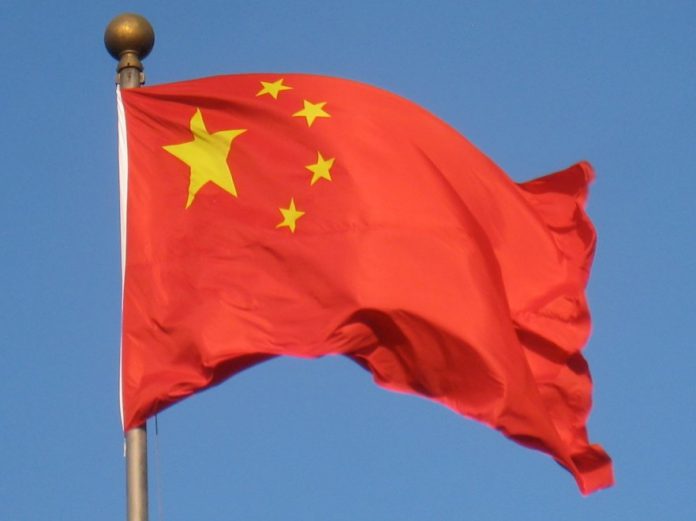China’s Ministry of Commerce (MOFCOM) has announced the anti-dumping duties applied to U.S. and South Korean-made polysilicon will remain in place for another five years from today.
Norwegian poly producer REC Silicon, which manufactures almost all of its current output of the solar module raw material in the U.S., said this morning the extension of duties announced yesterday was expected as part of a pre-planned tariff review independent of the trade deal thrashed out by President Trump and China on Wednesday.
Under the terms of the Phase 1 trade agreement signed by the U.S. and China last week, China agreed to buy $200 billion more U.S. goods and services over the next two years in return for America halving 15% tariffs applied to $120 million worth of Chinese products.
Trade deal hope
Despite the ‘Phase 1’ trade deal having been dismissed in some quarters as an insubstantial PR exercise, REC Silicon said today it expects the deal will include polysilicon, irrespective of anti-dumping duties.
“We do not expect this announcement from MOFCOM to affect or change China’s commitment to purchase solar-grade polysilicon from the United States under the terms of the Phase 1 trade agreement between the USG [U.S. government] and the government of China that was concluded on January 15, 2020,” said REC Silicon in a statement this morning.
“REC Silicon once again thanks the USG, specifically President Trump and U.S. Trade Representative Ambassador [Robert] Lighthizer and his negotiating team at the Office of the United States Trade Representative (USTR), for prioritizing the interests of the U.S. polysilicon industry in this important trade agreement, and securing this purchases commitment from China. REC Silicon looks forward to working closely with [the] USTR in relation to the execution of the Phase 1 trade agreement and the fulfilment of China’s solar-grade polysilicon purchases commitment.”
Over-optimistic
However, polysilicon market analyst Johannes Bernreuter told pv magazine, the statement sounds like customary wishful thinking from the Norwegian manufacturer, which last year halted operations at its Moses Lake polysilicon facility in Washington state to leave a Butte, Montana plant its only active site in the U.S.
“In the past, REC Silicon often made too-optimistic statements about the U.S. trade talks with China,” said Bernreuter. “It really depends on whether the U.S. can hammer out a waterproof solution with China for polysilicon imports,” the analyst said.
Bernreuter said the latest announcement from China indicates a continued determination to establish a strong and self-sufficient domestic polysilicon industry. “Over the years, China has been so steadfast on protecting and promoting its domestic polysilicon industry that I will believe in a solution with the U.S. only when it is actually implemented,” he added. Ironically, REC Silicon’s only other known polysilicon output at present relates to a 15% stake it holds in a facility in China.
Obama duties
Anti-dumping duties were applied by Beijing on U.S. and Korean polysilicon in July 2013 in response to former president Barack Obama’s decision to slap duties of as much as 250% on Chinese-made solar panels exported to the U.S.
The extended trade measure will ensure polysilicon manufactured in the U.S. will pay duties of 55.4-59.1% in China. Product made by South Korean manufacturers OCI and Hanhwa Chemical will pay levies of 4.4% and 8.9%, respectively, after Beijing reduced the tariffs on some Korean polysilicon in November 2017. Fellow Korean manufacturers including SMP Ltd, Woongjin Polysilicon Co Ltd, KCC Corp, Korean Advanced Materials and Innovation Silicon Co, however, still face duties of 88.7-113.8%.
China spared European polysilicon producers – namely German company Wacker – after Beijing and Berlin reached an agreement in July 2013.
Moses Lake
In its announcement this morning, REC Silicon said no decision had been taken about whether to re-start polysilicon production at Moses Lake. The company added: “REC Silicon will assess the market for solar grade polysilicon in light of the Phase 1 trade agreement and will keep investors updated on this issue.”
Just before Christmas, the polysilicon and silane gas producer revealed Finnish lender Nordea had called in a NOK150 million ($16.8 million) loan thought to be related to the failure of REC’s Norwegian solar wafer making subsidiary REC Wafer Norway in August 2012.






